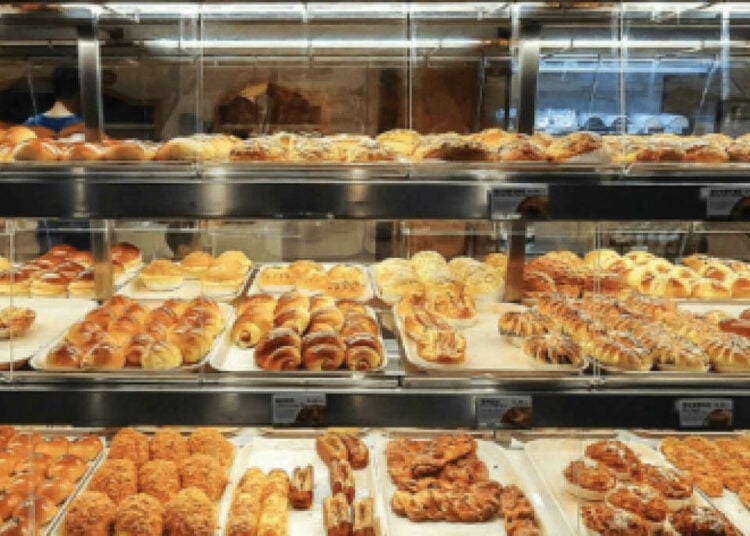The food and beverage industry remains one of the most resilient and profitable sectors in Nigeria’s economy.
Amid rising inflation and economic volatility, one area continues to show potential for high returns for artisans and mid-scale bakeries. Floating a bakery, when strategically planned and efficiently executed, can yield impressive investment returns within a short period.
According to a seasoned entrepreneur who transitioned from catering to running a full-scale bakery in Lagos, Mrs. Kemi Ajayi, the decision was born out of increasing demand for fresh, preservative-free bread and pastries in her neighbourhood.
“I started small, I was baking from my kitchen and supplying to schools and churches. By the sixth month, I could no longer meet the demand with home-based equipment,” she said.
Ajayi’s story is a familiar one. The bread market in Nigeria is estimated to be worth over N300 billion annually, and consumption continues to grow due to the nation’s population and lifestyle shifts. Floating a bakery, therefore offers a fertile ground for investors but only when built on a sound business model.
Investment Tips
The seasoned entrepreneur advised that, before investing in a bakery, it is advisable to conduct a detailed market survey, identify areas underserved by quality bakeries, study consumer preferences, and assess local competition.
According to Ajayi, “you must know whether your target customers prefer standard loaves, healthy options like wheat or banana bread, or luxury pastries. That insight will shape your production, pricing, and marketing.
Location
“Location determines foot traffic, operational costs, and distribution ease. Siting the bakery close to residential areas, schools, or markets increases visibility and lowers delivery costs. Equipment like industrial ovens, mixers, proofers, and cooling racks can cost between N7 million to N15 million,
depending on capacity.
“Initially, I rented a space in a semi-commercial area and acquired refurbished equipment to keep costs low, within a year, profits funded expansion and I bought new machines.”
Ajayi emphasised the importance of skilled labour. “Of importance is the area of staffing and production just as trained bakers, assistants, and hygienic production practices are non-negotiable,” she stated.
Packaging and Branding
She added that, “A production team of five to ten people is ideal for a mid-sized bakery. “A single poorly baked batch can hurt your brand. I invested in training and quality control early on.” She further explained that, branding and distribution are other aspects that shouldn’t be toyed with.
According to her, with increasing health awareness, customers now pay attention to branding and packaging. A simple logo, neat packaging, and consistent quality can turn a neighbourhood bakery into a household name.
‘We branded every loaf with eco-friendly wraps and included a feedback number, “That helped build trust and loyalty,’ she said.
Distribution
Meanwhile, there should be a distribution strategy put in place which includes supplying supermarkets, kiosks, and offering doorstep delivery, she said.
However, she said, clients can reach out via Digital platforms which amplifies reach and visibility.
Profitability
A well-run bakery can break even within 12 to 18 months. Daily production of 500 to 1000 loaves, with a profit margin of N50 to N100 per loaf, translates to N50,000 to N100,000 in daily gross profit. Monthly returns can exceed N2million in high-demand zones.
Hence, floating a bakery is not just about baking; its a full-fledged business requiring structure, investment, and determination. For investors seeking stable, recurring income in a growing market, the bakery industry offers sweet opportunities quite literally.
As Ajayi remarked , “I didn’t think flour and yeast would change my life. But today, I’m a testimony that with the right recipe, business acumen annd persistence success is guaranteed.”





